by Kim Adetunji, brand manager
As the year winds down and a new year is on the horizon, many people begin reflecting on the previous year and making plans for the new one. Our thoughts may return to the highlights and lowlights of the year we are in as well as remembering God’s faithfulness and the lessons we learned. We then turn to our goals and aspirations for the new year, the things we want to get right this year and the things we want to keep—or start—doing. The new year holds so much hope and promise, especially when the current year has been a difficult one. It’s a brand new beginning—365 days to pursue God, become more like Christ, rest in his presence, listen for his voice, and follow where he leads. It’s exciting to think of the possibilities that lie ahead.

Will the new year hold new friendships, a new job, or new opportunities? Will we finally reach that goal we’ve been striving for? Will our long-time prayers for a spouse or healing or a mended relationship or a different heartache finally be answered? Will our trust in God grow deeper than we ever thought possible? Will our hard hearts soften? Will we experience joy once again? Will we finally be able to put aside that fear, anger, resentment, disbelief, or “you name it” that is holding us back from trusting God fully? Will we surrender new areas of our lives to God? In what ways will God stretch us beyond what we think we are capable of? Will we sense God’s deep, unconditional love anew? Who will we share the Good News with this year?

We may even think about new ways we’d like to grow spiritually, whether it’s growing more patient with our spouse or kids or letting the peace of Christ rule more fully in our hearts. How could we move toward God’s plan for us rather than shrinking away from where we hear God calling us to. What are new ways to step out into obedience this year? How can we slow down our schedule just a little bit more to create space to listen for God’s gentle whisper? What truths from Scripture have I dismissed? How can I give God my very best each day? Do I dedicate enough of my day to those things that draw me closer to God and allow me to hear his voice? Am I following through on God’s promptings? Am I open to allowing God to challenge me in a new area?
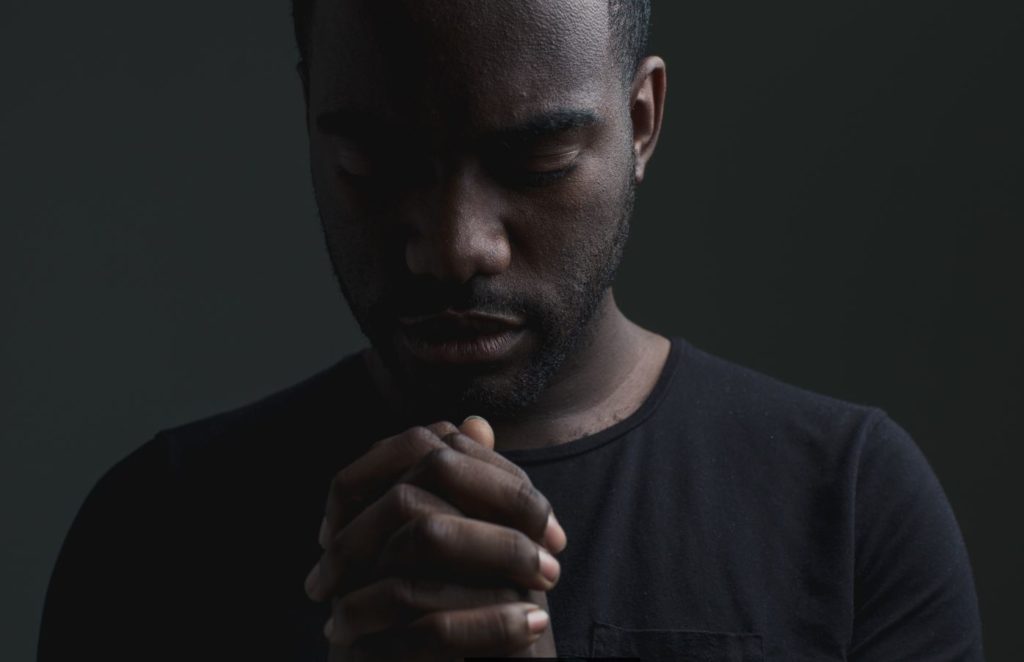
Do you plan to track your prayers in the new year? the ways you intentionally follow God’s lead? your service projects and how God expands your heart through those experiences? the ways you’ve seen God’s faithfulness in your life? answered prayers? words from him? verses you’ve memorized? There are so many unique ways to track our spiritual growth and keep focused on our goal to pursue and honor God. Each of us is unique, and there is no one right way to do it. If you’re like me, you may be constantly seeking new ways to become more efficient with recording and tracking everything that is meaningful—all in one place.
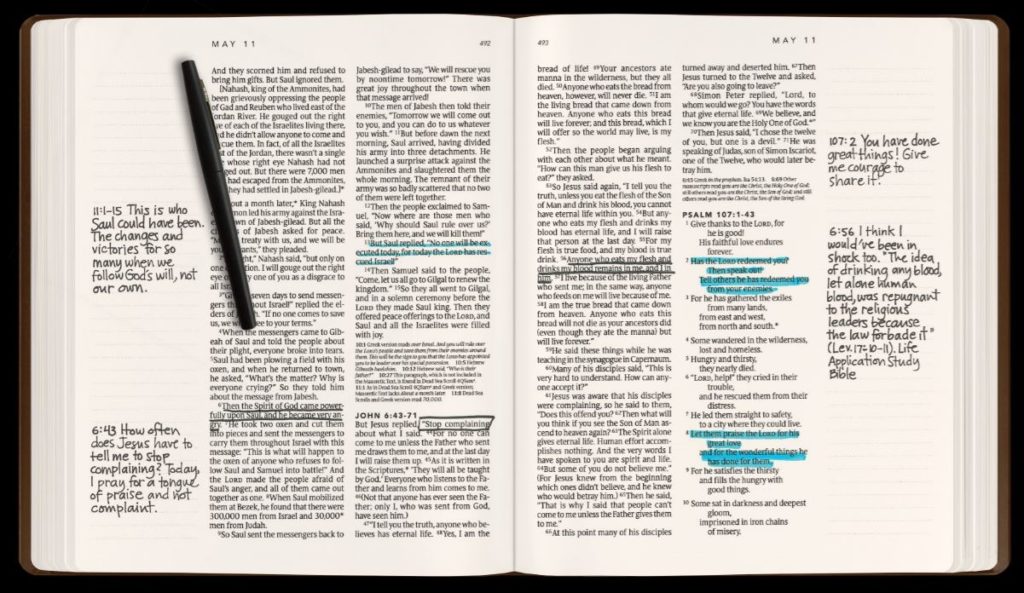
As the new year approaches, you may search for a new journal, notebook, daily planner, or app to help you organize your year and capture all the memories, highlights, and learnings. Journaling Bibles are a great way to capture all that God is doing in your life in one place. There are two One Year Bible journaling editions—Expressions and Reflections—that give you a daily reading plus space in the wide margins alongside each day’s reading to reflect on the passage you’ve read, write notes or journal entries, keep track of highlights from your day, or archive mementos or pictures. It’s a very practical way to document God-sightings in your life while being intentional about reading God’s Word daily.

Many people have been doing this, where their Bible becomes a treasured keepsake with 365 days’ worth of investment in knowing and following God, including observations from his Word and practical applications. The One Year Bible readings offer a portion from the Old Testament, the New Testament, Psalms, and Proverbs for each day. It is organized so you’ll finish the Bible in one year with the investment of just 15 minutes a day. At the end of the year, you will have an incredible collection of highlights, milestones, and so much more to look back on in your Bible as you look toward the new year.
Check out the One Year Expressions Bibles

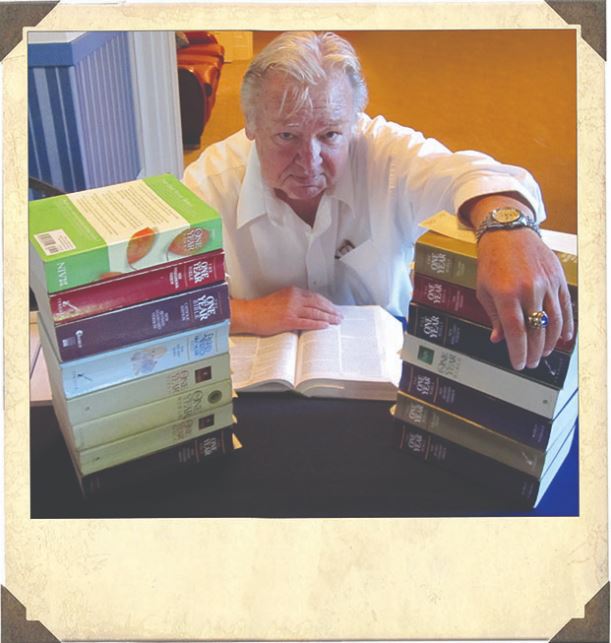





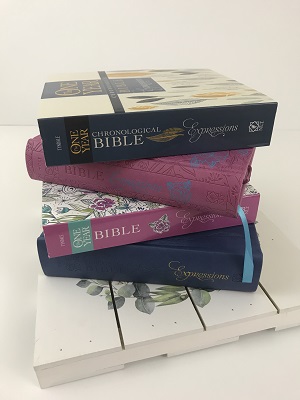





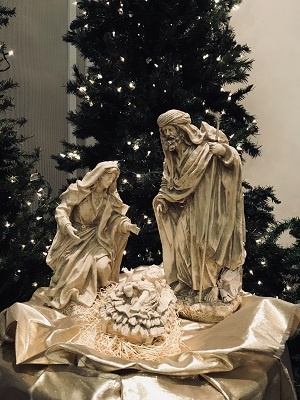
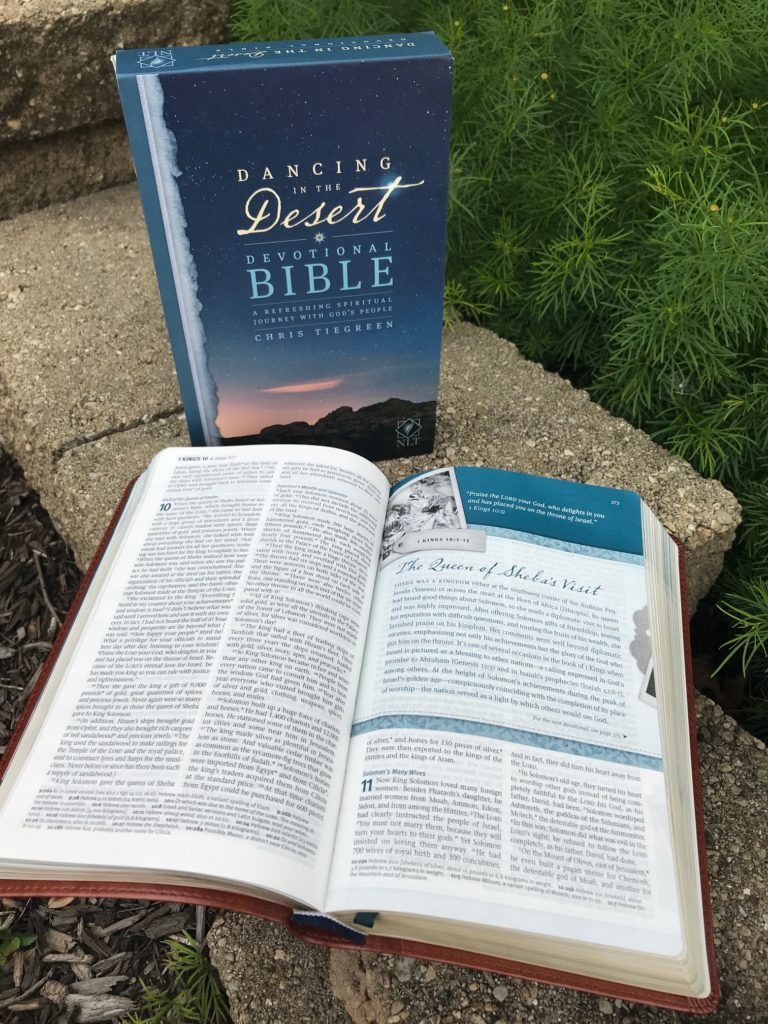

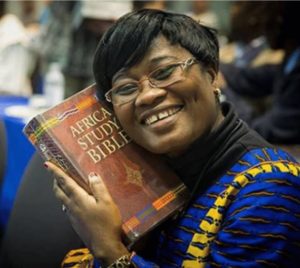
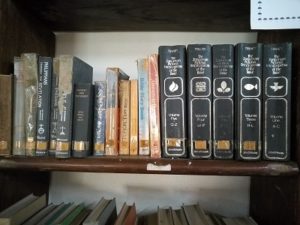
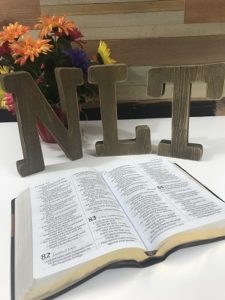
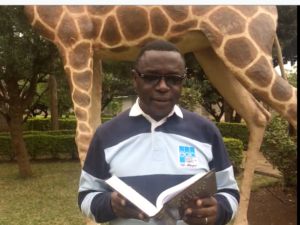
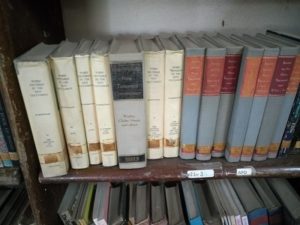
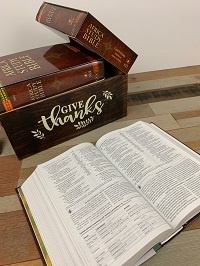




Recent Comments